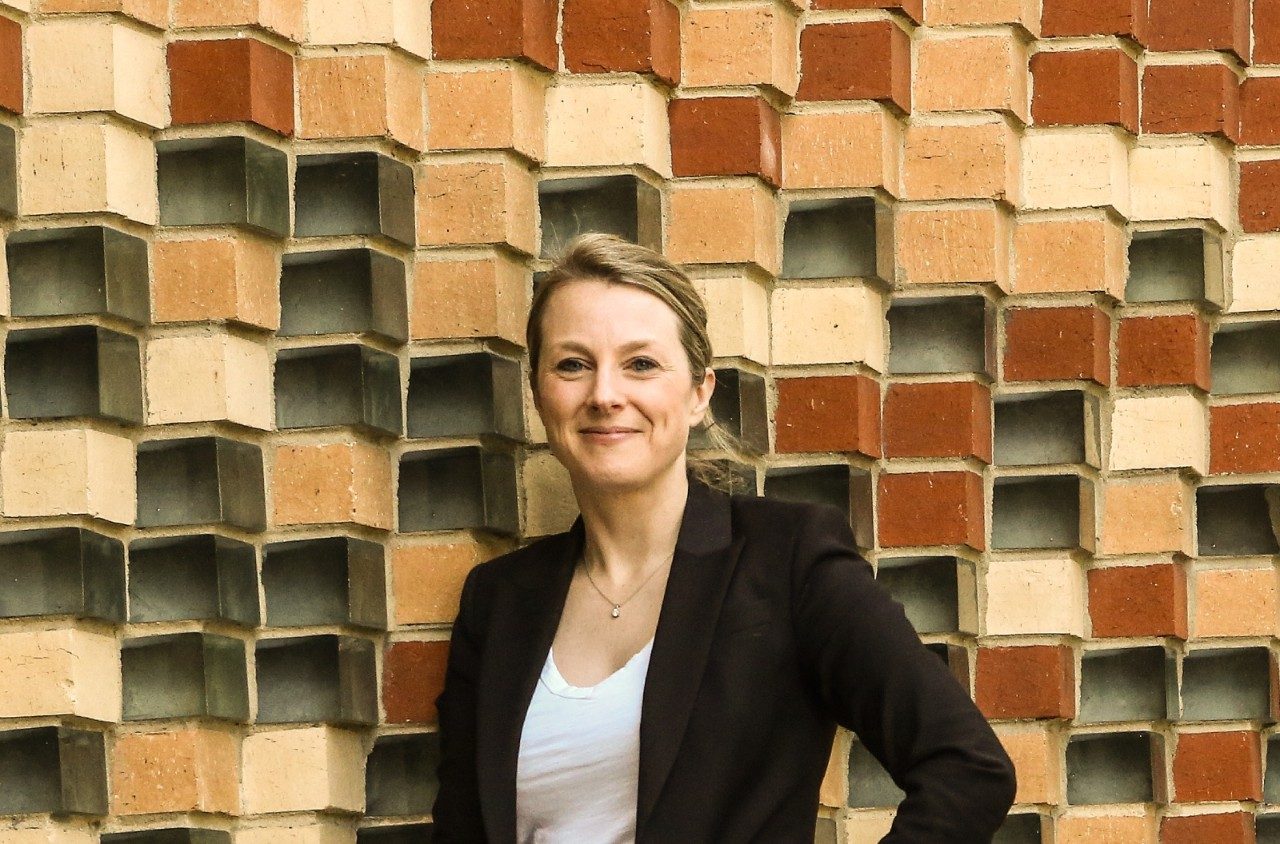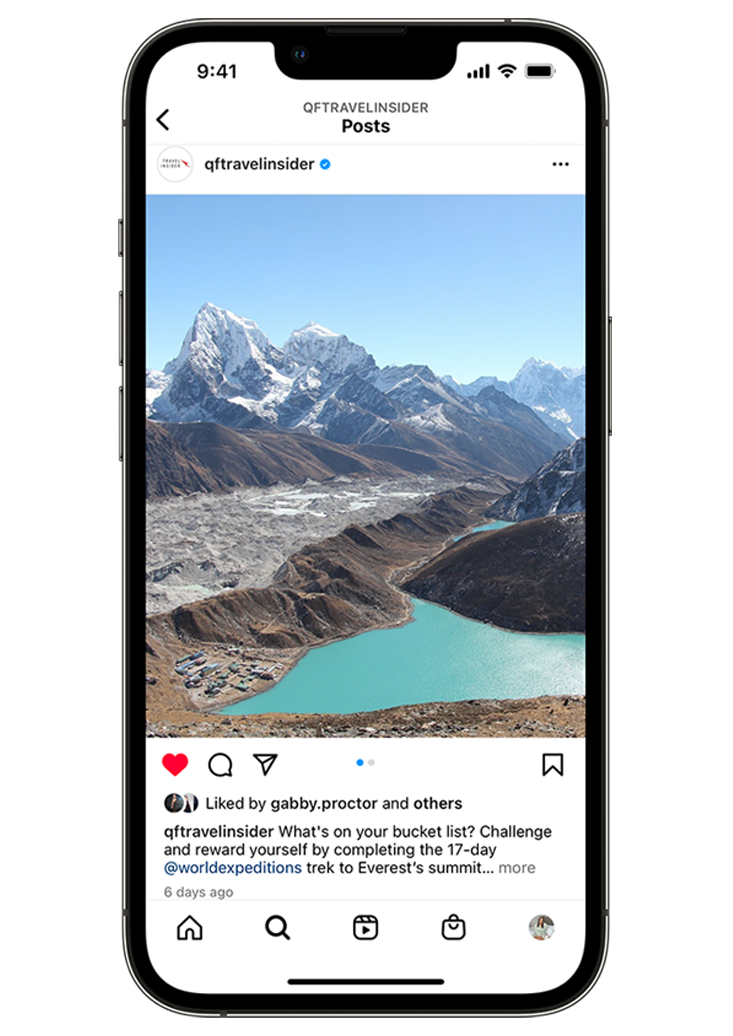Kali Healthcare Is Out to Revolutionise Foetal Heart Rate Monitoring With the Power of AI

Foetal heart rate is a vital bellwether of a baby’s health but comprehensive monitoring is cumbersome. Dr Fiona Brownfoot’s vision is an AI-powered pregnancy wearable.
Fact file
Co-founders: Associate professor Fiona Brownfoot, 41; Dr Emerson Keenan, 34; Professor Marimuthu (Palani) Palaniswami, 70
Investors: Genesis Fund at The University of Melbourne; Alice Anderson Fund (LaunchVic); private investment. CRC-P Grant of $2.65 million in late 2024
First customer: TGA/FDA clinical trial in 2025
Headquarters: Melbourne
Staff: Three, plus contractors
What’s your elevator pitch?
“We’re developing an AI-powered device to make foetal heart rate monitoring accessible and equitable. Currently these systems are hospital-centric and if mum or baby moves, the foetal heart rate signal is lost. Our device aims to allow women in labour to be free to walk around and in the future will enable home monitoring, particularly for rural and remote patients.”
What problem are you solving?
“I had a patient who had complications of pregnancy. Her first baby had to be delivered early and had cerebral palsy. It took her five years to embark on this journey again. Then, her second pregnancy was also complicated, requiring extra foetal monitoring and admission to hospital. She asked me why the monitoring hadn’t improved. It was her – and women in similar situations – that set me on this path.”
How does it work?
“The technology is a sensor patch on the mother’s abdomen attached to hardware – the sensor patches come from Finland but the hardware is all made right here in Melbourne. It’s shaped like a make-up compact and is lighter than a smartphone. Once that’s in place, it connects to the app and picks up the electrical activity of the baby’s heart. Our AI algorithms turn the activity into a trace, which clinicians can interpret. Some patterns of that trace are associated with healthy babies and others show us that the baby isn’t coping with pregnancy or labour and birth.”
How did you get it off the ground?
“I saw the smartwatch presented at an engineering conference in 2017 and I thought how great it would be to have a device like that for the foetus. The following year, a friend introduced me to Palani and Emerson – electrical engineers who were already interested in foetal monitoring – and it went from there. Our multidisciplinary team was essential for this to happen; they brought the deep tech in both electrical engineering and AI. Also vital was access to clinicians, midwives and patients. I can’t speak more highly of the patients who have helped us develop this technology – the pregnancy population is a very altruistic group.”
What’s next?
“In October 2024, we were awarded a $2.65 million CRC-P [Cooperative Research Centres Projects] Grant, which – along with a capital-raising round – will allow us to complete the clinical trial. The plan is to do that regulatory clearance study and be ready for sales in 2026, initially focusing on the Australian and American markets. It all takes such a long time but as a practitioner I’m glad to see how robust and difficult the process is. At first our device will be used in hospitals; next we’ll work to make monitoring accessible in the home and in remote communities. The long-term vision of Kali Healthcare is for a pregnancy wearable – like a smartwatch for the foetus.”

Start planning now
SEE ALSO: How This AI Start-up Uses ‘Dragonfly Thinking’ to Help You Make Smarter Decisions
Image credit: Julian Kingma


